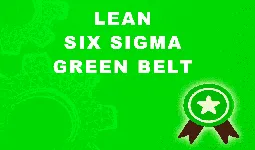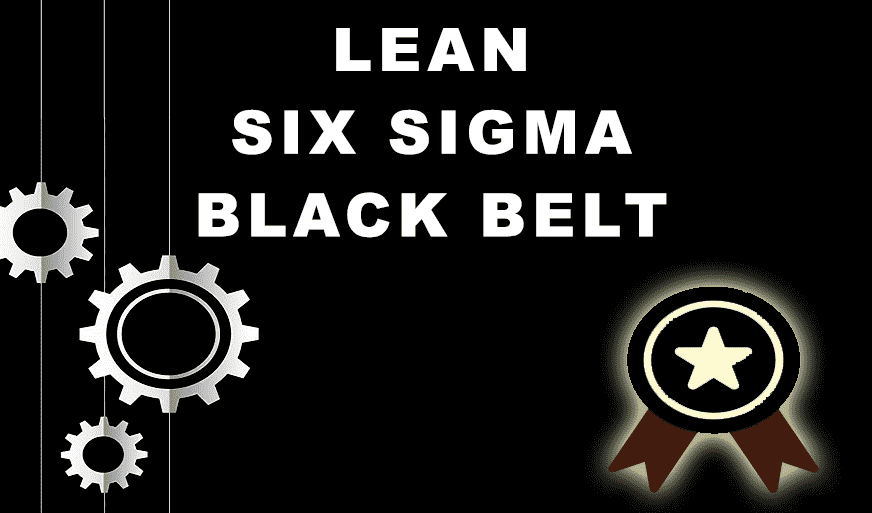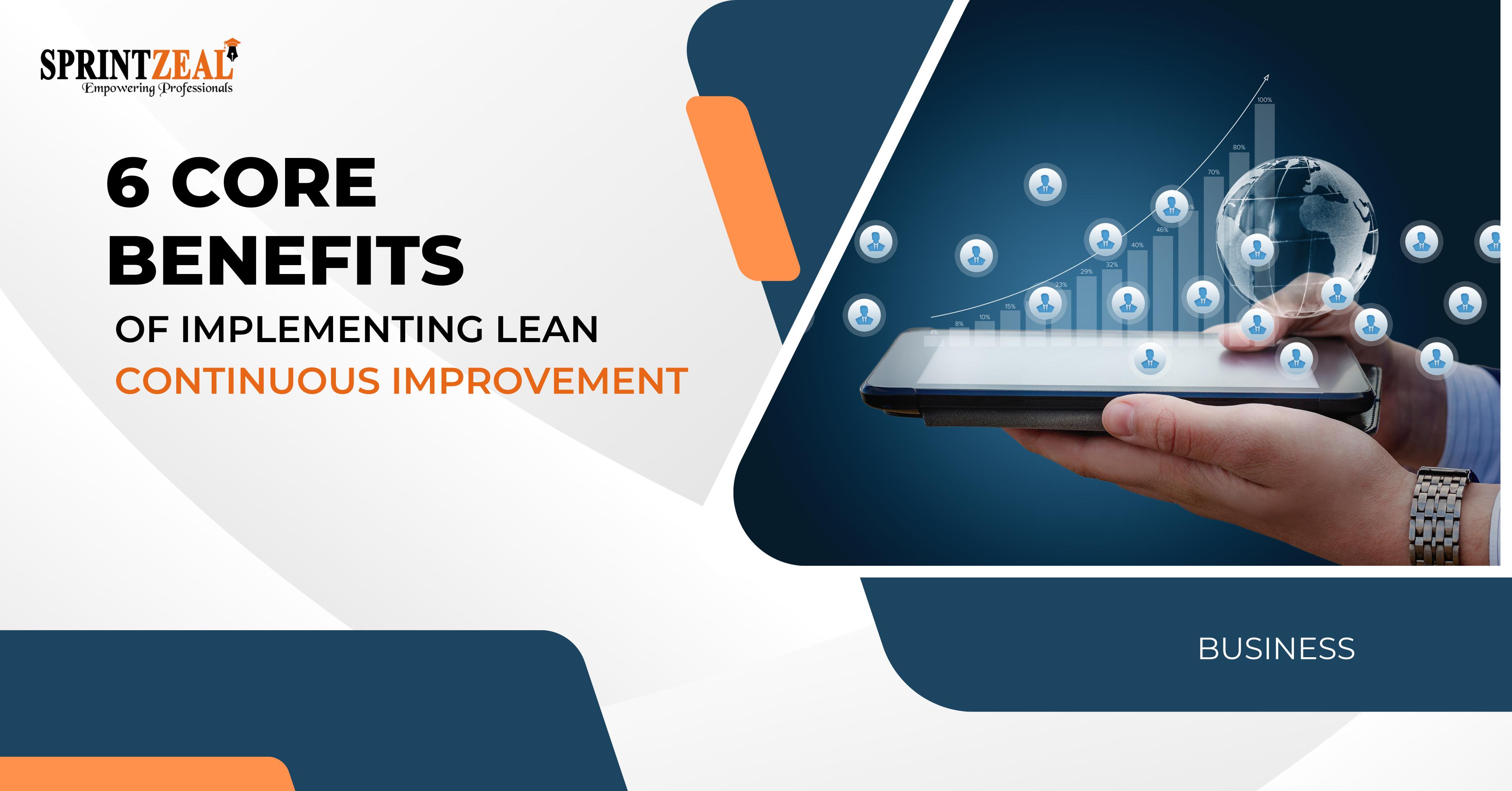ISO 9001 Standard: Benefits and Certification
-
 By Afra Noorain
By Afra Noorain - Published on Dec 11 2024

Table of Contents
Introduction to ISO 9001 Standard
ISO 9001:2015 is part of the ISO 9000 family of quality management standards.
The ISO 9001 Standard, an international standard for a Quality Management System (QMS), is intended to assist an organization in implementing processes that meet the requirements of its customers and other stakeholders, as well as the statutory and regulatory conditions applicable to the product and service. It is based on quality management concepts such as a strong customer focus, top management motivation and involvement, a process-oriented approach, and continuous improvement.

Understanding the ISO 9001 Standard
This is the process-based upgraded ISO 9001:2015, emphasizing improvement. The requirements for a QMS are those that an organization must meet to demonstrate its capacity to produce goods that meet the demands of consumers, as well as related legislative and regulatory obligations, and to improve customer satisfaction.
The standard states the requirements of a QMS explicitly. It is the only standard within the family that can be certified. It is based on the following quality management principles:
- Customer Focus: The desire to surpass customer expectations.
- Management: Doctrine of unifying purpose and direction.
- Employee Involvement: Ensure that competent, enabled, and engaged people operate at every level.
- Process Approach: handle activities as processes and understand how they interact.
- Improvements: It always gets better.
- Evidence-Based Decision Making: Making judgments based on a study of available data.
Benefits of ISO 9001 Standard
Implementing the ISO 9001 Standard offers numerous benefits to organizations, including:
Enhanced Quality Management: The ISO 9001 Standard assists a company in ensuring quality management with a systematic approach to describing controlled and improved processes.
Customer satisfaction: In this way, meeting customer needs and enhancing quality will increase customer satisfaction to a degree that leads them to be loyal.
Intangible benefits: The benefits in operational efficiency derived from the process approach and the continuous improvement principles are tangible and lead directly to reductions in waste, enhancements in resource use, and eventually reduced costs.
Improved Risk Management: There should be a provocation to identifying risks and opportunities by the standard. After that, with that information, an organization will be prepared to take proactive steps toward opportunity realization and risk mitigation.
Regulatory Compliance: With ISO 9001, organizations can have practices met with statutory and regulatory requirements by involving less risk in legal fights and penalties.
Market competitiveness: In most cases, businesses are required to have ISO 9001 standard certification to take part in tenders and contracts; thus, so-certified organizations have a competitive advantage.
Employee engagement: Engaged employees in dealing with the QMS processes will result in a cultural environment for quality and improvement, and therefore, employees will exhibit high morale and productivity.

Achieving ISO 9001 Certification
ISO 9001 certification is obtained in three steps:
Preparation:
Understanding of the ISO 9001 standard: It would be advisable to have the necessary training, and, even better, to confer with specialists to understand this in all details.
Gap Analysis: Do a gap analysis to identify where your QMS currently stands about the requirements of ISO 9001 and highlight actual areas that need improvement.
Project Planning: Elaborate a highly detailed project work plan to define varieties of tasks, roles, timeframes, and resources involved in the implementation.
Implementation:
Leadership Commitment: Involve top management and its commitment. Top management would be most critical at the implementation phase of the QMS for its successful implementation.
Definition of Scope: It shall be clearly defined what is and what is not covered by the QMS, including its boundaries and its applicability to the organization.
Develop Documentation: Document information shall be provided that complies with the minimum requirements in ISO 9001. The documented information shall include the quality policy, objectives, procedures, and records.
Training and awareness: The employees are trained about the ISO 9001 Standard and processes associated with the Quality Management System, using Sprintzeal's engaging learning management platform. This ensures all individuals value their roles and responsibilities, and empowers them to contribute to continuous improvement.
Implement: Implement the documented processes. Check, monitor, and measure their performance to verify an effective and adequate provision of desired outcomes.
Certification:
Internal Audits: Conduct internal audits to confirm that the QMS complies with ISO 9001 and to identify non-conformances in practice.
Management Review: A review by management on the functionality or effectiveness of the QMS and opportunities for the same.
Select a Certification Body: Use only an accredited certification body based on their experience and working industry area in which you feel they relate to your business.
Stage 1 Audit: The certifying body shall conduct a Stage 1 Audit comprised of a document review of the project and an evaluation to establish readiness to proceed to the Stage 2 Audit.
Stage 2 Audit: This will be the stage 2 audit of the certification body, where the implementation of your QMS and its effectiveness will be established. They will look to see that you are compliant with ISO 9001.
Certification Decision: If the stage 2 audit is successful, the certification body will issue the ISO 9001 certificate. The certificate is valid for 3 three years, subject to the completion of successful surveillance audits.
ISO 9001 Standard Courses
Any organization seeking certification must have an understanding of the Standard. Different courses are devised to support the needs necessary within the organization. Many courses can certify one for ISO 9001 in many roles regarding the organization. The courses are set to instill knowledge and competencies such that someone may be able to adequately and competently implement and maintain a QMS effectively based on the requirements of the ISO 9001 Standard.
This course is designed for beginners in ISO 9001 at the Foundation Level. It introduces the main aspects of the ISO 9001 standard to learners: its fundamental principles, terms, and definitions. The course enables learners to understand the requirements and ways of implementing QMS.
The course is designed to be participated in by all willing to be a lead auditor. It will enable the participants to understand the ISO 9001 Standard and auditing techniques in depth. They will have sufficient knowledge on how to plan, conduct, report, identify opportunities for improvement, and follow up an audit in line with ISO 19011—the guideline for auditing management systems.
Participants The people concerned with implementing a QMS based on ISO 9001, the course elaborates in comprehensive detail on the requirements of the standard and how they can be implemented in an organizational setup. It avails participant’s knowledge of how to develop quality documentation, how employees will be trained, and how the system will continue to be effective.
Conclusion
The ISO 9001 standards are very useful and essential in developing a quality management system and assisting an organization in realizing an improvement in general performance. The benefits of implementing this standard are far-reaching, from improved customer satisfaction and operational efficiency to better risk management and market competitiveness. By understanding the requirements of ISO 9001 and following a structured approach to implementation and certification, organizations can achieve significant improvements and drive sustainable success.
Take Your Quality Management to the Next Level with Sprintzeal’s ISO 13485 Certification.
The ISO 13485 Foundation,
ISO 13485 Lead Implementer provide the skills to implement and manage a robust QMS, ensuring regulatory compliance and customer trust.
Don't miss out! Subscribe to our newsletter for the latest updates and insights on quality management standards and contact us for more information.
Subscribe to our Newsletters
Popular Programs
Trending Posts
Six Sigma Certification Guide - A Professional's Guide
Last updated on Sep 27 2024
Quality Management System – QSM Approaches and Methodologies
Last updated on Aug 22 2024
What Is Lean Management?
Last updated on Apr 20 2023
5 Lean Continuous Improvement Principles to Supercharge Your Operations
Last updated on Jan 2 2024
Beyond the Basics: Benefits of Lean Continuous Improvement
Last updated on Jan 16 2024
Who Needs ISO 9001 Certification and Why?
Last updated on Aug 29 2024
Categories
- Agile Management 54
- AI and Machine Learning 42
- Big Data 53
- Business Management 51
- Cloud Computing 44
- Digital Marketing 56
- Information Security 8
- IT Hardware and Networking 17
- IT Security 103
- IT Service Management 29
- Leadership and Management 1
- Microsoft Program 2
- Other 43
- Programming Language 31
- Project Management 162
- Quality Management 75
- Risk Management 8
- Workplace Skill Building 2
Trending Now
Top Career benefits of Lean Six Sigma Green Belt
ArticleLean methodology, Six Sigma methodology and Lean Six Sigma Explained
ArticleSix Sigma Black Belt Certification – Value and Career Benefits in 2024
ArticlePareto Chart in Six Sigma - Explained
ArticleQuality Management Interview Questions 2024
ArticleSix Sigma Certification Guide - A Professional's Guide
ArticleSix Sigma Yellow Belt Certification - Six Sigma for Beginners
ArticleQuality Control Explained – Six Sigma
ArticleTotal Quality Management - A Complete Guide for Beginners
ArticleQuality Assurance in Six Sigma Explained
ArticleQuality Assurance vs Quality Control
ArticleSix Sigma Certification – Everything you Need to Know About Getting Certified
ArticleLean Six Sigma on Resume for Rewarding Career Benefits
ArticleQuality Manager Interview Questions and Answers for 2025
ebookService Delivery Manager Interview Questions and Answers (With Examples)
ArticleSix Sigma Interview Questions and Answers 2024
ArticleHow to become a Quality Analyst
ArticleA Supply Chain Management Guide to Mastering Logistics End to End
ArticleSenior Quality Manager Interview Questions and Answers 2024
ArticleTop 30 Quality Analyst Interview Questions and Answers 2025
ArticleFinancial Analyst Interview Questions and Answers 2024
ArticleRisk Manager Interview Questions and Answers 2024
ArticleCompliance Manager Interview Questions and Answers 2024
ArticleOperation Manager Interview Questions and Answers
Article5 Lean Continuous Improvement Principles to Supercharge Your Operations
ArticleHow to Become a Quality Manager - Career, Job Scope and Certifications
ArticleEssential Components of a Quality Management System
ArticleSix Sigma Certifications - Reasons Why you Should Get Them
ArticleTop Qualities of a Good Manager and a Leader
ArticleLearn about Statistical Process Control (SPC) and its top applications
ArticleCost of Poor Quality - A Detailed Guide
ArticleImplementing 5S Methodology for Better Work Efficiency
ArticleWhat Is Lean Management?
ArticleBest Six Sigma Books in 2024
ArticleLeadership vs Management - The Ultimate Guide
ArticleQuality Assurance Plan - Six Steps To Quality Assurance Plan
ArticleOperational Planning Creation, Key Elements and its Benefits
ArticleA Complete Guide to Product Life Cycle Stages 2025
ArticleSix Sigma tools for DMAIC Phases
ArticleWhat Is Lean Manufacturing?- An Overview
ArticleThe Lean Continuous Improvement Model: A Comprehensive Guide
ArticleDMAIC vs. DMADV: Key Differences and Choosing the Right Six Sigma Methodology
ArticleA Deep Dive into the Power of Lean Continuous Improvement Process
ArticleLean Continuous Improvement Methods for Business Excellence
ArticleIntroduction to Lean Manufacturing- Definitions, Framework, and More
ArticleUnderstanding the Key Principles of Lean Manufacturing
ArticleSecret to Unlock Organizational Excellence: Stages of Continuous Improvement
ArticleLean Continuous Improvement: A Detailed Guide to Mastering Organizational Quality
ArticleLean Waste Management: The Ultimate Guide 2023
ArticleA Deep Dive into Lean Continuous Improvement Tools
Article8 Wastes of Lean - Strategies for Identification and Elimination
ArticleThe Ultimate Guide to Lean Manufacturing
ArticleUnderstanding Lean Manufacturing's Pros and Cons
ArticleLean Waste Reduction Strategies: Boost Efficiency and Cut Costs
ArticleTop 10 Lean Manufacturing Tools for Optimal Productivity
ArticleBeyond the Basics: Benefits of Lean Continuous Improvement
ArticleWhat are Quality Standards? | A Guide to ISO Standards
Article7 Important Types of Quality Management System
ArticleA Comprehensive Guide to Quality Management Systems
ArticleBenefits of QMS Certification for Your Business
ArticleStep-by-Step Implementation Guide to ISO 9001
ArticleThe Ultimate Guide to ISO 9001: Boosting Quality and Certification Success
ArticleQuality Management System – QSM Approaches and Methodologies
ArticleHow to Effectively Implement a Robust Quality Management System?
ArticleExplaining QMS Documentation Structure: Benefits and Best Practices
ArticleWho Needs ISO 9001 Certification and Why?
ArticleKey Elements of ISO 9001:2015 Quality Management System
ArticleOvercoming Common Challenges in ISO 9001 Certification: Tips and Best Practices
ArticleBest Quality Management Tools
ArticleTotal Quality Management (TQM) vs. Six Sigma
ArticleQuality Manager Salary: What Freshers & Experts Earn in 2025
ArticleCertified Scrum Product Owner: Job Roles And Responsibilities
ArticleTips for Continuous Integration Testing: Streamlining QA
Article10 Quality Management Strategies Adopted by Top Managers
Article

















